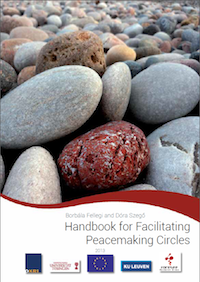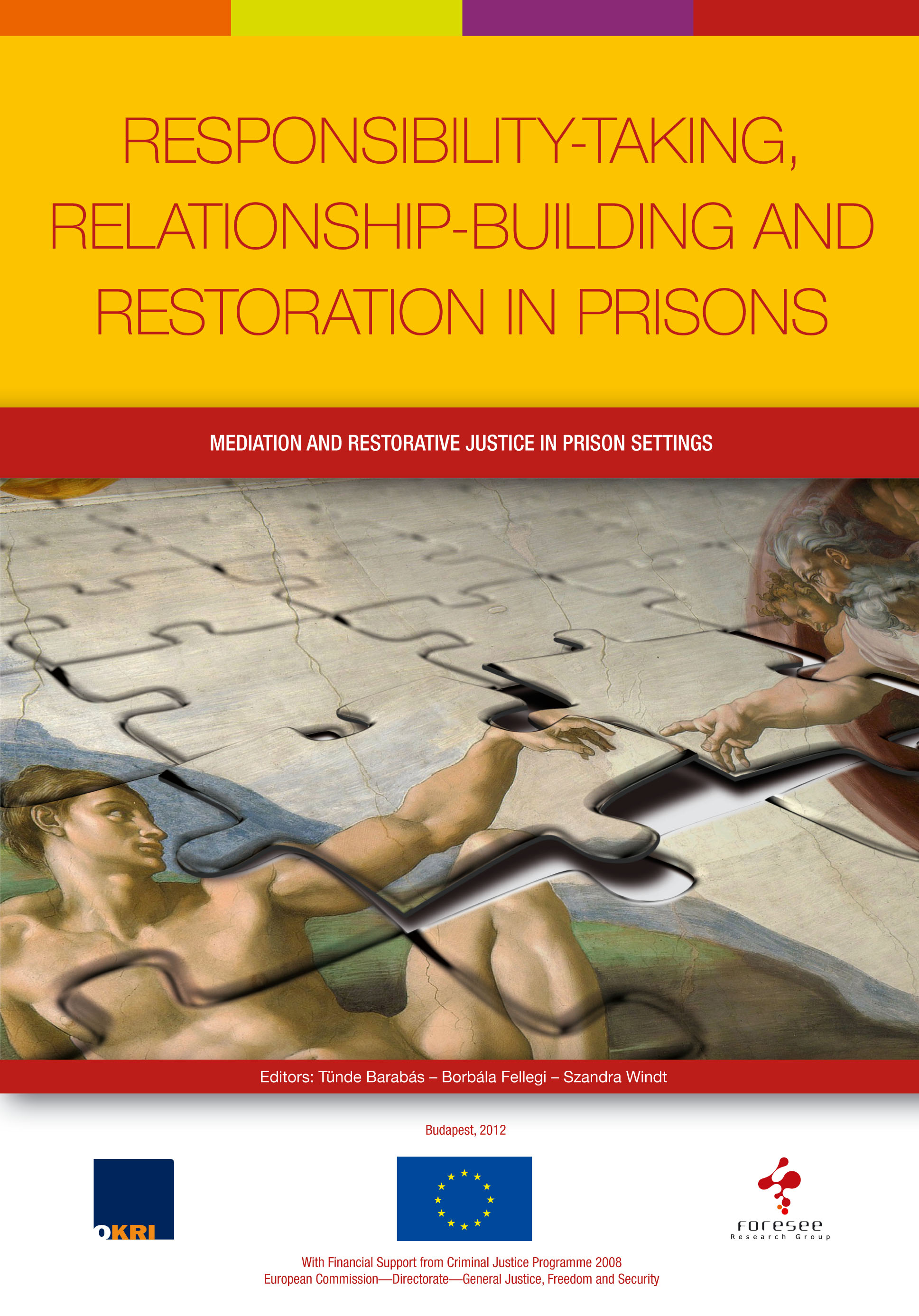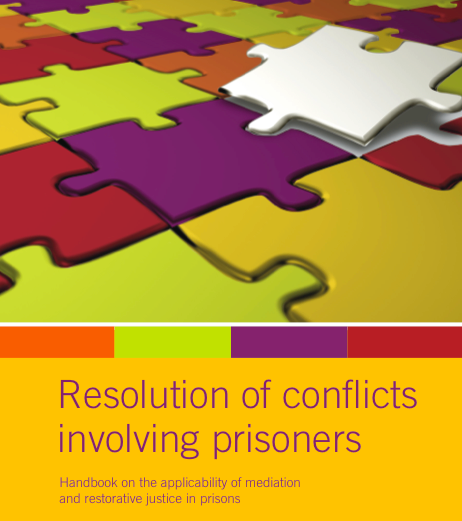The three-day-long training saw altogether 10 participants. Six of them were disciplinarians from the Penal Institue of Heves County and four came from the Balassagyarmat Prison.
The aim of the training was to familiarize the participants with the restorative approach, so that they will be able to apply alternative conflict resolution procedure as prison service experts with a daily routine in handling interpersonal conflicts.
The training introduced the participants to the following areas:
• the fundamentals of the restorative justice approach and its comparison to the conventional criminal justice paradigm
• alternative conflict resolution in practice, introduced through different methods: informal techniques, mediation, conference-method, circle method, family decision making group
• defining the parties of a conflict
• defining our own feelings and need in our conflicts
• the needs of the parties in conflicts
• preparing and handling conflicts
• the role of the mediator/facilitator
• standards of the conflict handling process
• restorative questions and their applicability
• the importance of supporters and other involved persons
• the basic fundamentals of the process: impartial mediator, volunteering, confidentiality
• skills needed for mediation: understanding attention, types of questions, summarizing
• the applicability and possible implementation of the restorative method in one’s own practice
According to results from satisfaction sheets, the participants were highly satisfied, they emphasized the introduction and the chance to try role plays and practical techniques as the most important parts of the training.
According to feedback, they find the informal restorative techniques (question and communication techniques, mediation of cell-conflicts) highly implementable in the inner world of prison service, especially in the area of handling conflicts between inmates. Apart from that, they also value the application of restorative techniques in „civlian” areas such as family or school conflicts.














No comments